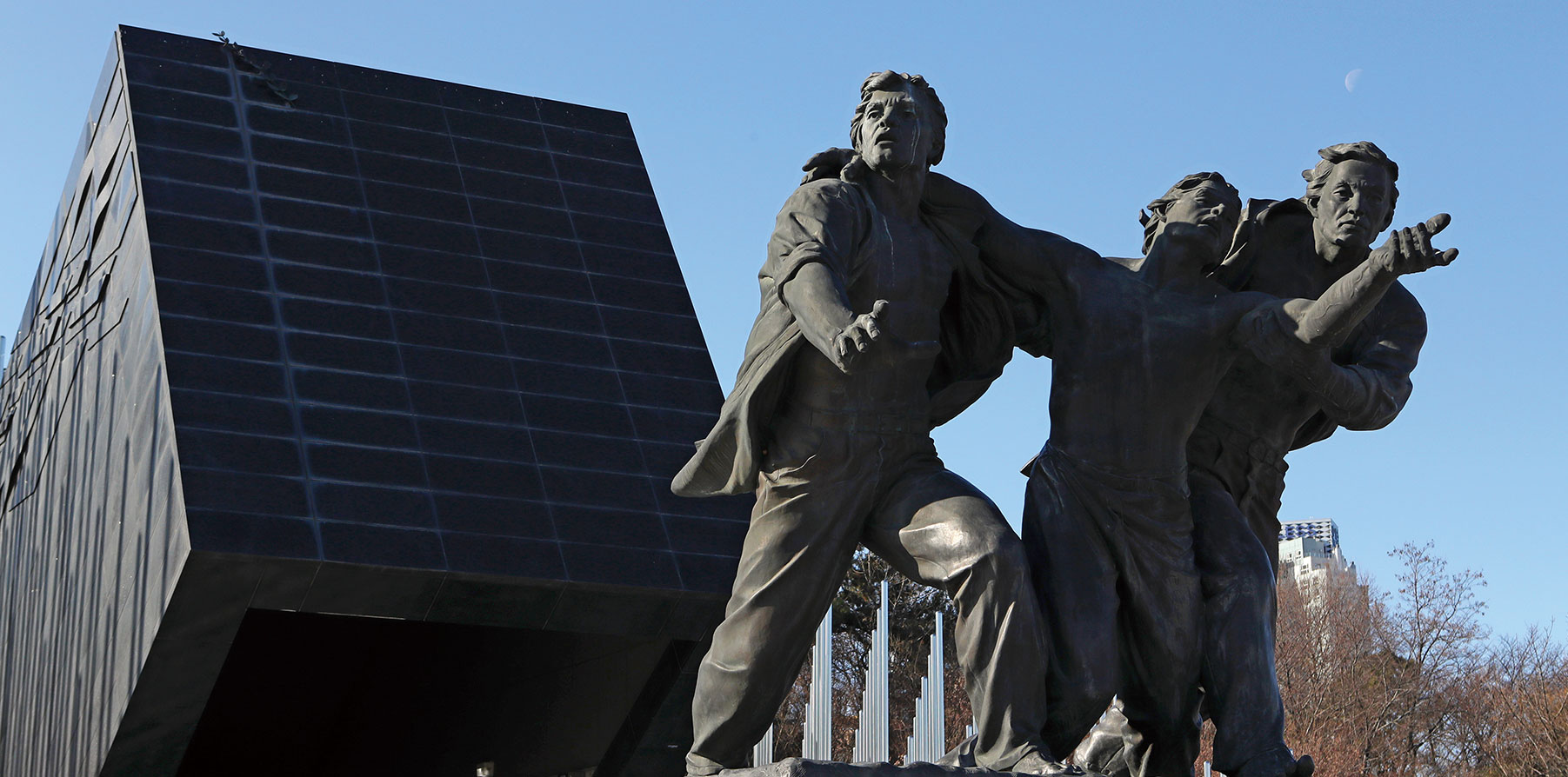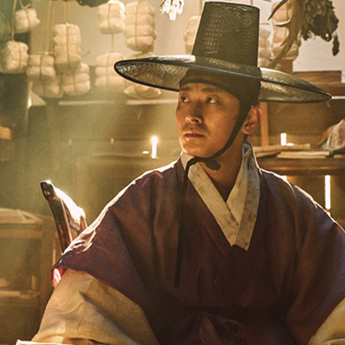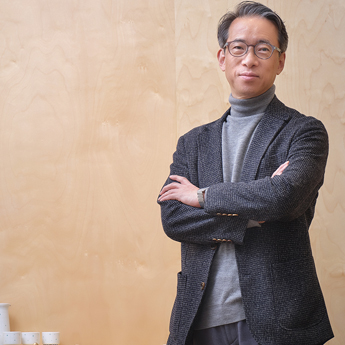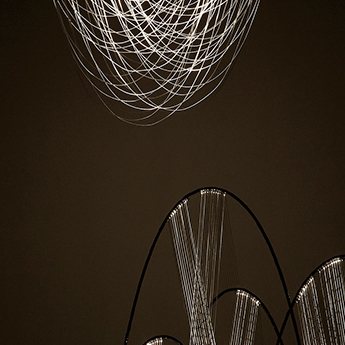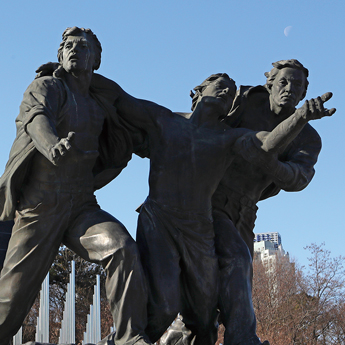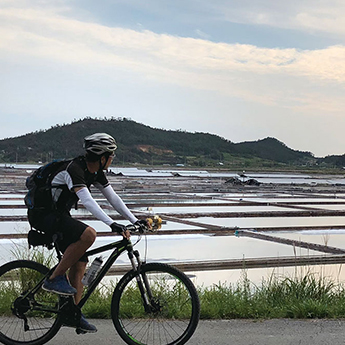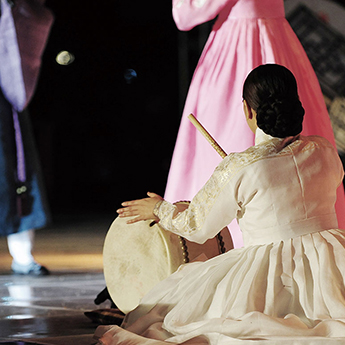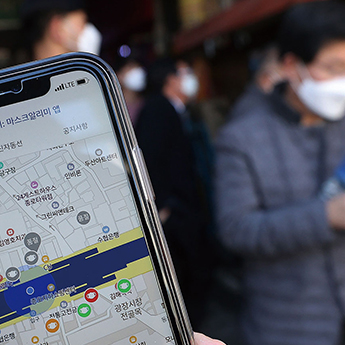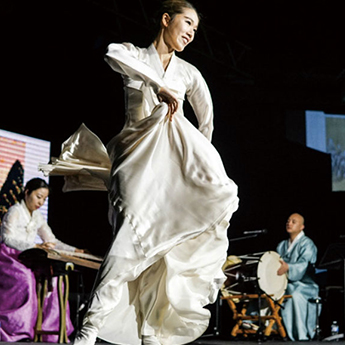Historic Anniversary
The Gwangju Democratic Uprising
From State Terror to a Beacon of Asia’s Democracy
The May 18 Gwangju Democratic Uprising in 1980 was so bloody that even a seasoned war correspondent was taken aback. I started questioning, "Why did it have to be that cruel?"
Written by
• You Inrae
(Director at the International Affairs Dept. of the May 18 Memorial Foundation)
“
I reported from the Vietnam War and Cambodia, but I had never seen anything like what I saw in Gwangju. Young people, school children and students were deliberately shot in the head.” “It was a scene of carnage. Civilians were slaughtered by the military’s bayonet.” The quotes are from the late German NDR reporter, Jürgen Hinzpeter and Henry Scott Stokes, a New York Times correspondent in Seoul during the Gwangju Democratic Uprising, respectively. Their words are in sync with the graphic testimonies of the Uprising’s domestic witnesses, too.
The Uprising site was a sight of horror even for a seasoned war correspondent. While reading the above testimonies I thought that they were sufficient to convey the severity of the atrocities committed by the military. What soon came to me, though, was that those words were no more than visual perceptions. I asked myself – ‘Why? Why did it have to be that cruel? And what is the nature of it?’
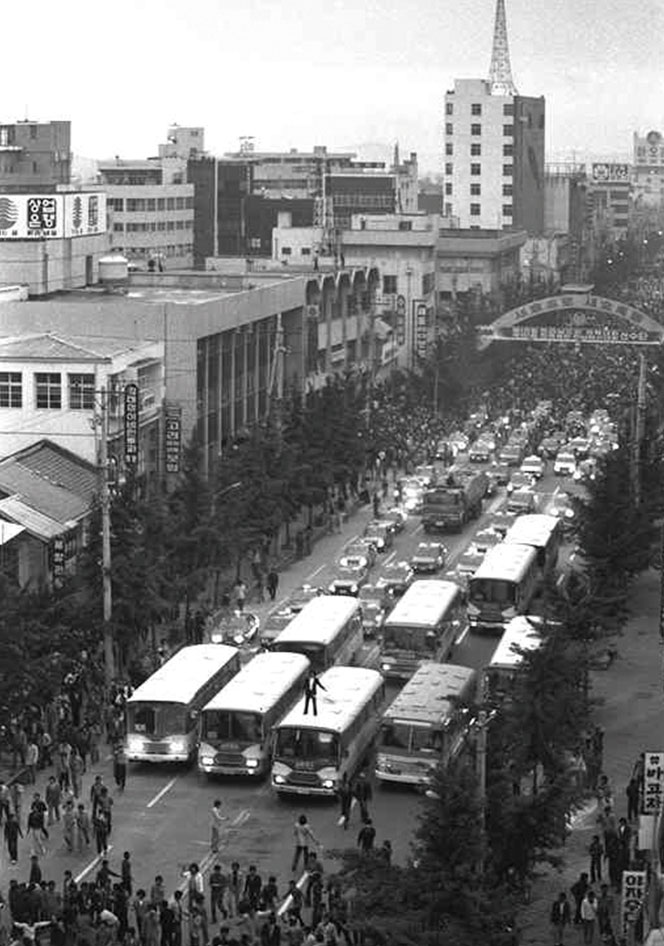
“Follow Me, You Living Soul!” Vehicle Demonstration on May 20, 1980. © The May 18 Memorial Foundation
Answers to my questions came rather late. It was from a book, “The Gwangju Uprising”, by Choi Jungwoon, a professor at Seoul National University. In it he writes: “The paratroops’ violence was for the viewers not for the victims. Gwangju was a theater of violence. It was not about die or live. It was about how to display maximum cruelty by beating, stabbing and cutting people using specially made truncheons and bayonets.” Only then did I realize that the military’s suppression was a show of violence. In other words, it was an act of terror in its dictionary definition – “a military strategy of violent action or threats designed to cause fear among ordinary people in order to achieve political aims.”
This strategy of the military, however, failed. The people in Gwangju were not intimidated. They fearlessly fought back the military. Bradley K. Martin, a prizewinning journalist shared his vivid memory of the late Yoon Sang-won, the subject of the heartrending song “March for the Beloved,” who represents the undaunted spirit of Gwangju people – “He kept looking at me, and, finally, I asked him: ‘The military has encircled the city, they are far more powerful than you, they will kill you, what is your plan?’ He said, ‘We will fight to the end, we will resist to the last.’”
Nor did the New Military achieve their political aims in the long run. Its ringleader, either. Chun Doo-hwan, has been undergoing trials for years and unveiling the entire truth of the Uprising is imminent with the May 18 Uprising’s Truth Unveiling Committee. Most of all, the Uprising is known as the beacon of democracy among democracy-aspiring people in Asia.
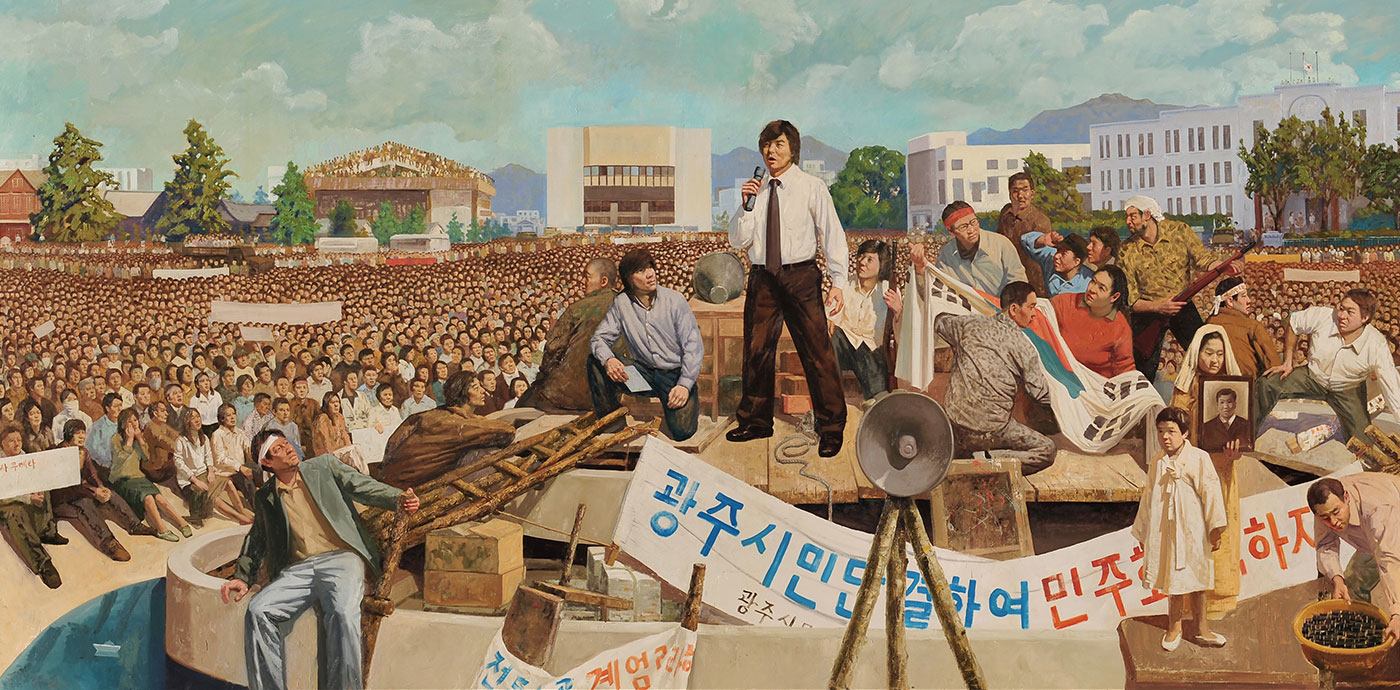
“End Martial Law!” Sacred Rally for National Democratization at the Fountain Plaza at the Old Jeonnam Province Hall. © The May 18 Memorial Foundation

